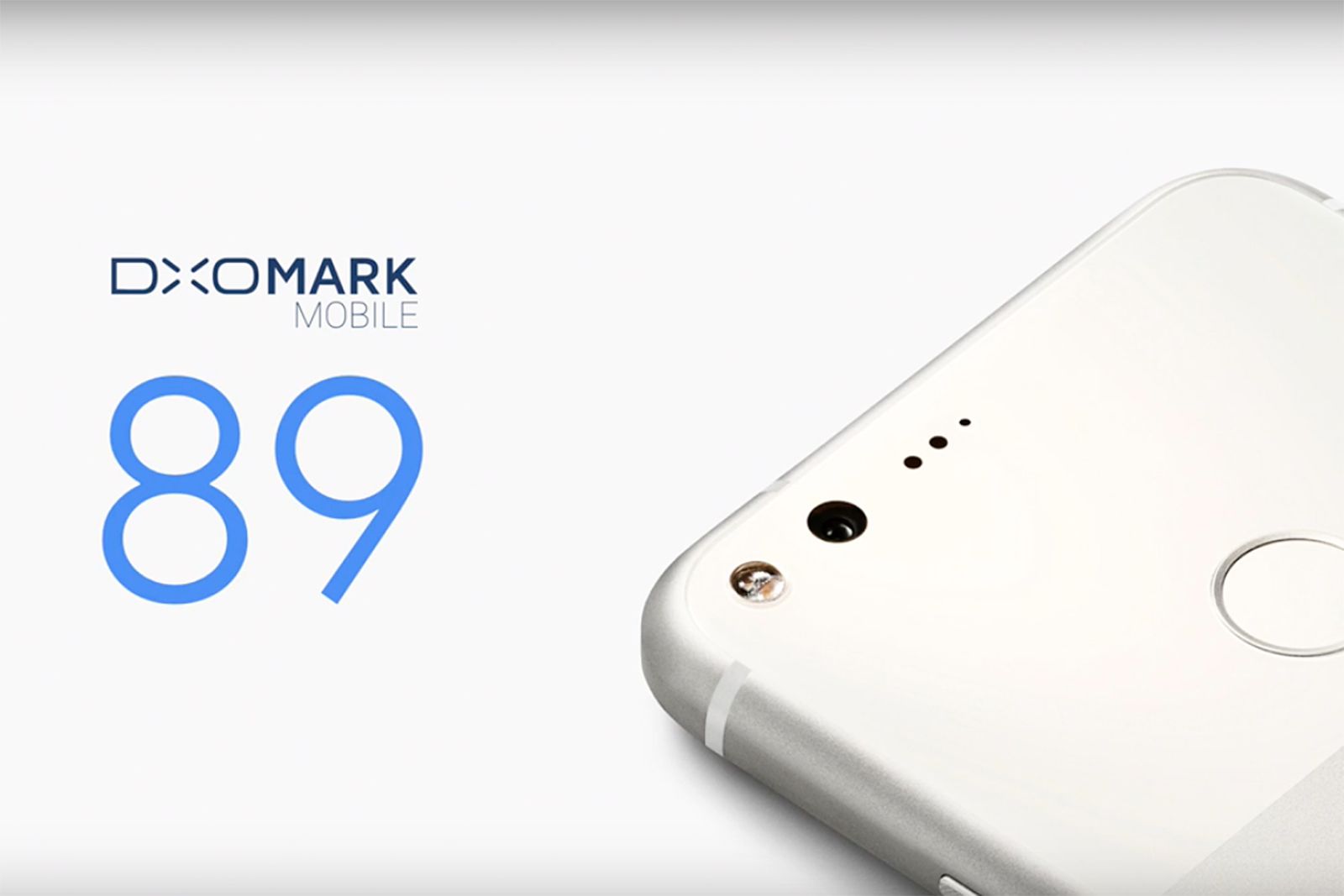Google took to the stage in San Francisco yesterday at its Made By Google event to launch a range of new products, including the Pixel and Pixel XL smartphones.
Replacing the Nexus programme with devices more firmly aimed at the premium smartphone owner, the company gave over a lot of time to talking about the camera.
This script is familiar for anyone who has witnessed a smartphone launch. In this world camera one-upmanship you'll be told how this smartphone is better, faster, more detailed, how the DSLR is an anachronism, the decaying vestige of time gone by. Cameras are dead, long live the smartphone!
A worrying trend that's emerging to backup this dialogue, however, is qualification. Google turned to DxO Mark as a value to say that its camera is better than the iPhone. It even used a primary-school style number line to demonstrate how much better than the iPhone it is.
From this line we can clearly see that the Pixel is 3 better than the iPhone 7.
What's missing from this line is the backstory of turning to DxO Mark to qualify the goodness of a smartphone camera.
DxO Mark has been assessing cameras and lenses for some time, regularly publishing results of their findings. With a move over to smartphones, there's a league table, a chart, that reports these findings, along with its score.
One of the first smartphones that started talking about being top of the table was the Sony Xperia Z5, with its score of 87. HTC made a song and dance about the DxO score with the launch of the HTC 10. It managed 88, which remarkably, was the same as the Samsung Galaxy S7 edge, both then the best smartphone cameras.
The thing about these scores is that they're easy to point to as a measure of greatness. However, pick up your Samsung Galaxy S7 edge and you'll find the camera gives you better results than the HTC 10. Samsung's camera offers a much better experience, regardless of DxO Mark's results.
We're not saying that DxO Mark isn't valid in its testing, we're saying that offering the score it achieves as a qualifying value for smartphone performance is hokum. We'll end up in a situation where smartphone reviewers base their results on this benchmark result as they often do with AnTuTu scores, and discussions about smartphone merits with friends will fall into soulless despair as benchmark stats are reported, rather than personal experiences that actually matter.
So can we shelve this camera benchmark please? Everyone has great cameras on their phones, let's focus on innovative features and enriched experiences, rather than boasting about arbitrary scores.


